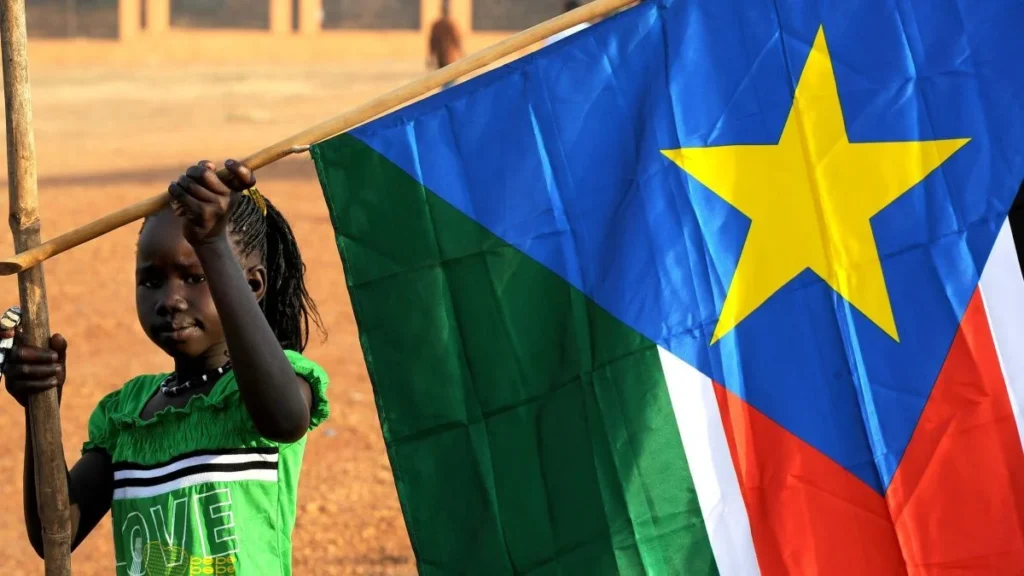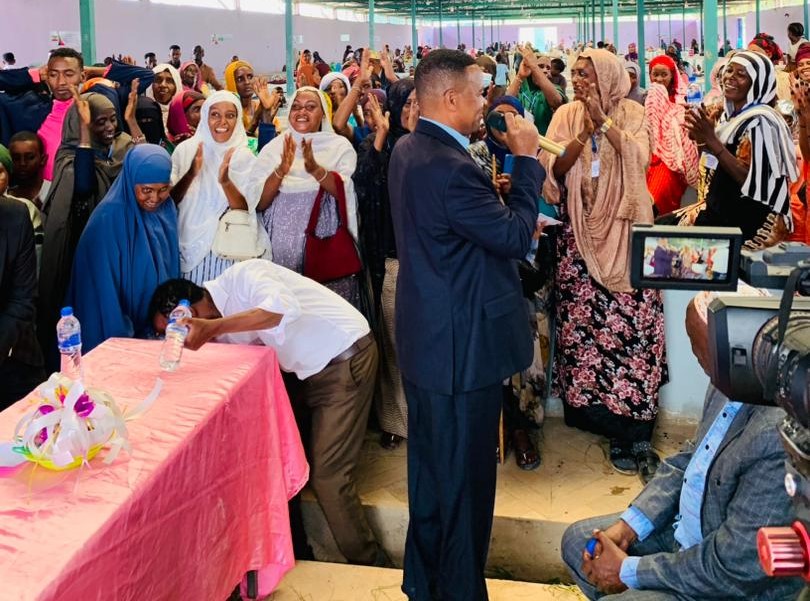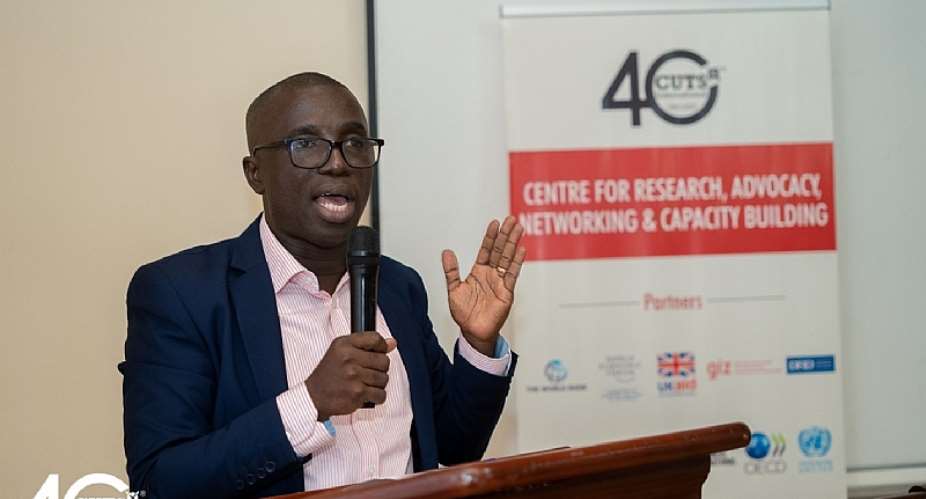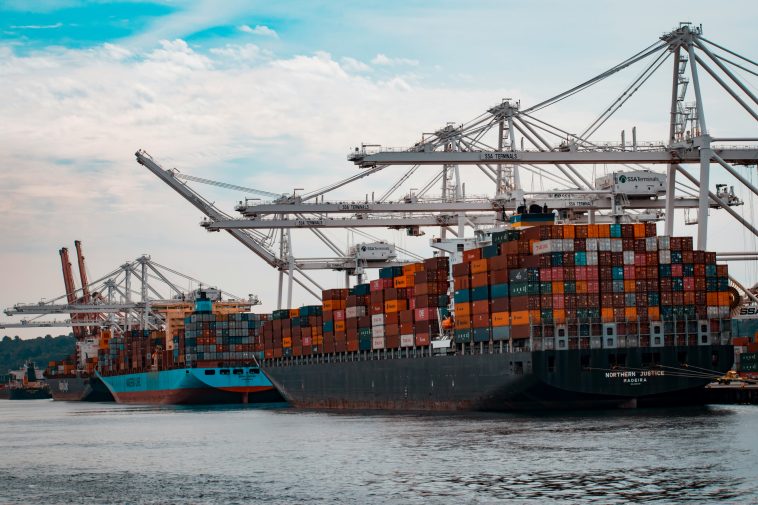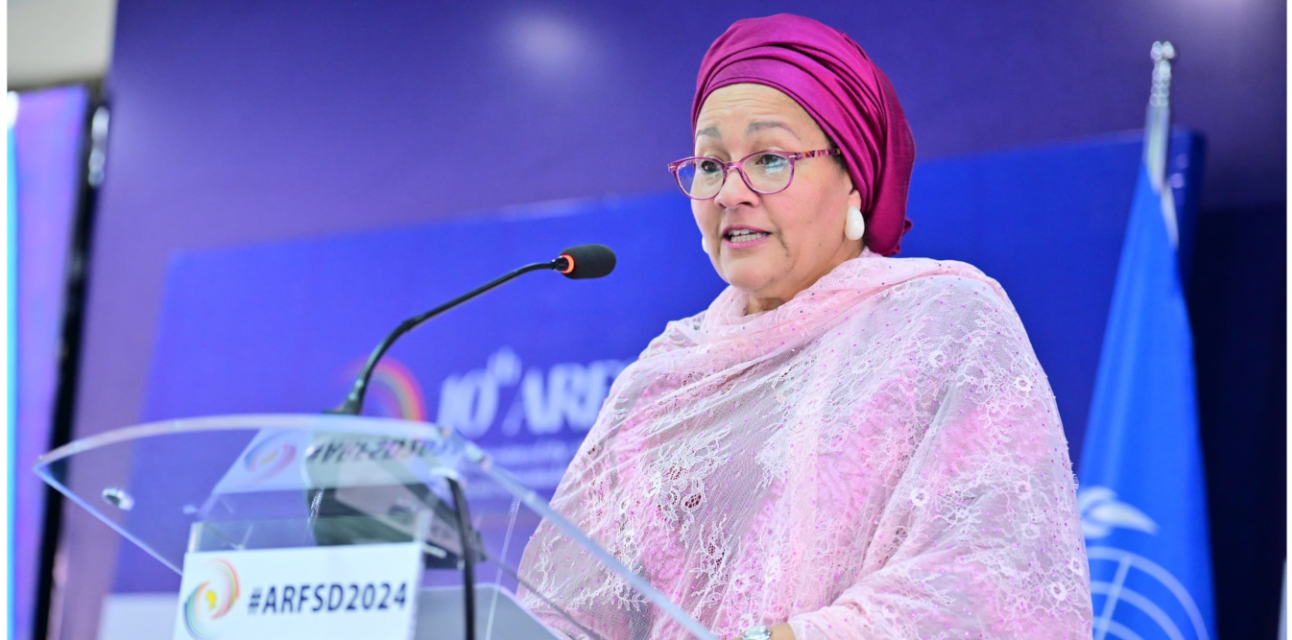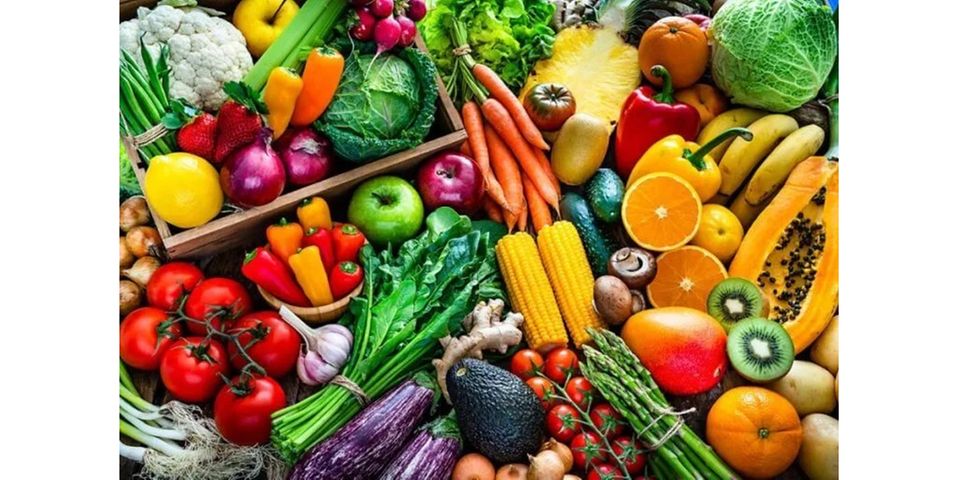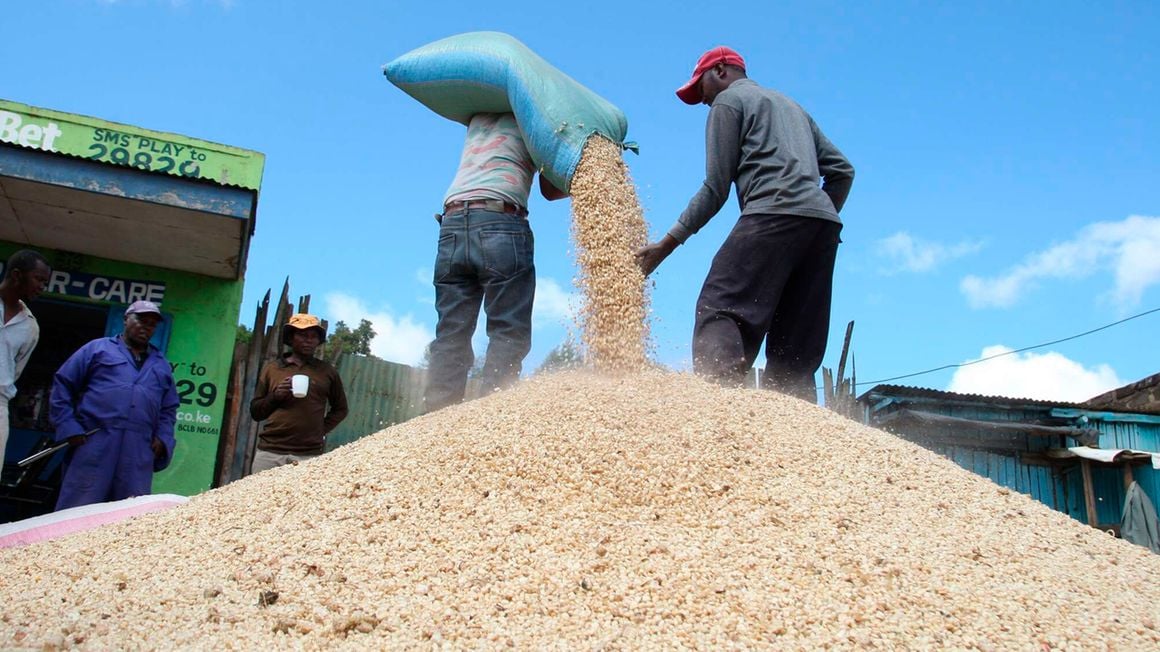The IMF has identified South Sudan, Burundi, and the DRC as East African Community member states poised for significant economic growth in the 2024–2025 period. GDP growth in Burundi is projected to increase from 4.3 to 5.4 percent and in the DRC from 4.7 to 5.7%. Kenya leads regionally with a projected GDP of $104 billion, ranking 7th overall among the continent’s largest economies. The economic outlook for East African Community member states South Sudan, Burundi, and the Democratic Republic of the Congo (DRC) is poised for significant economic growth in the 2024–2025 period. This prognosis by the International Monetary Fund (IMF) comes despite these nations grappling with conflicts, marking them as among the most fragile in the region. In its latest regional economic outlook report for Sub-Saharan Africa, the IMF forecasts a noteworthy 1.2 percent gross domestic product (GDP) growth for South Sudan, from 5.6 to 6.8 percent, despite ongoing economic disruptions and humanitarian support challenges caused by the neighboring conflict in Sudan. Similarly, GDP growth in Burundi is projected to increase from 4.3 to 5.4 percent and in the DRC from 4.7 to 5.7 percent. Surprisingly, these three conflict-affected countries are expected to outperform their peers, although the report does not delve into specific reasons for this optimistic outlook. Sub-Saharan Africa economic outlook On the other hand, four out of the remaining five EAC countries are forecast to experience growth rates below 1 percent, with Kenya and Rwanda having the lowest trajectory forecasts at 0.1 and 0.3 per cent, respectively....
IMF’s Sub-Saharan Africa economic forecast shows 1.2 percent GDP growth
Posted on: May 3, 2024
Posted on: May 3, 2024

